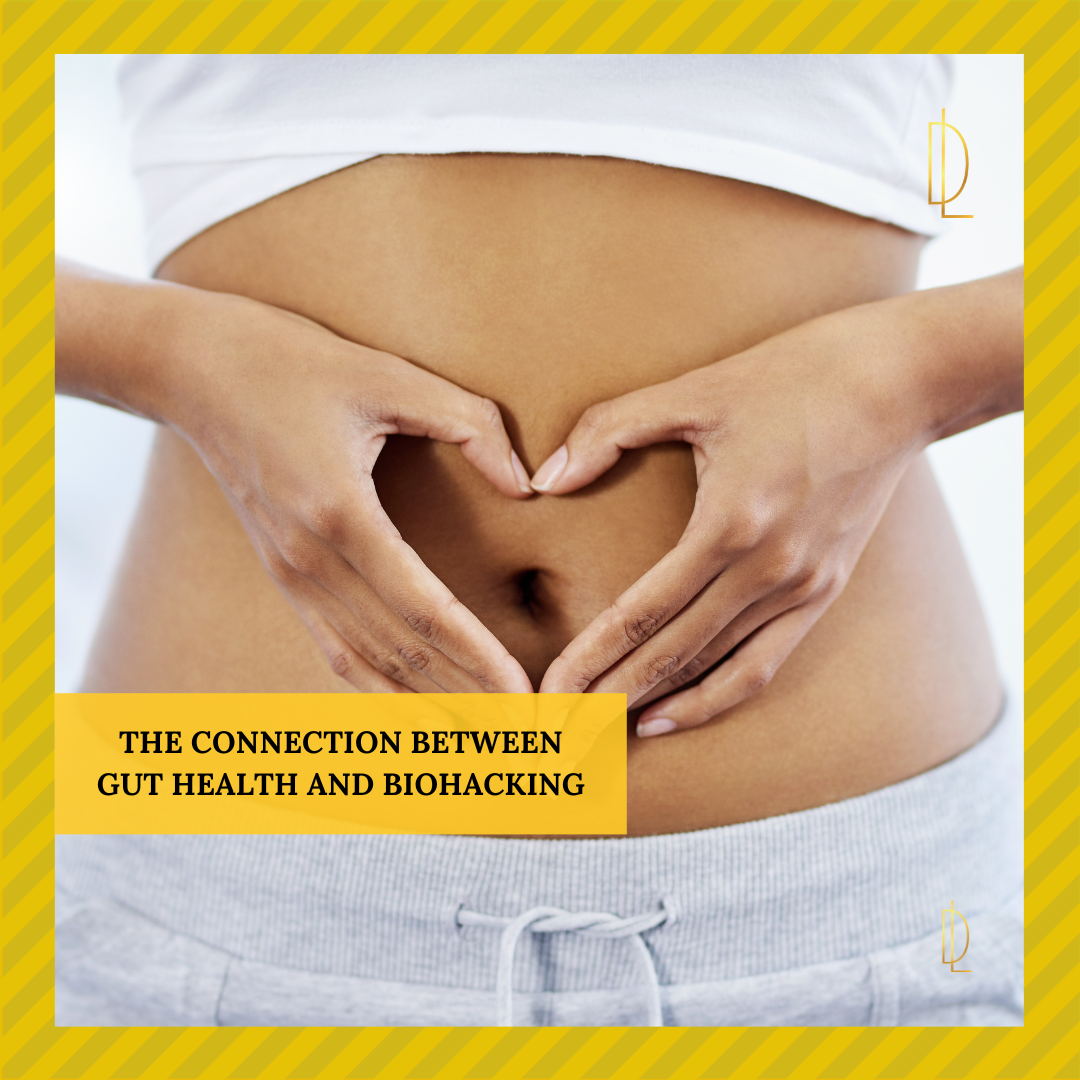The Connection between Gut Health and Biohacking: Tips for Improving Your Microbiome
The human gut is a complex ecosystem teeming with trillions of microorganisms, collectively known as the gut microbiome. This diverse community of bacteria, viruses, fungi, and other microbes plays a crucial role in our overall health and well-being.
Biohacking, the practice of optimizing our biology through self-experimentation and lifestyle changes, offers exciting possibilities for improving gut health and enhancing the microbiome's function. In this blog, we will explore the connection between gut health and biohacking, and provide practical tips for improving your microbiome.
Eat a Balanced Diet
One of the most effective ways to support a healthy gut microbiome is by consuming a balanced diet. Focus on incorporating a variety of whole foods, including fruits, vegetables, whole grains, lean proteins, and healthy fats. These foods provide essential nutrients and fiber that nourish the gut bacteria and promote their diversity. Avoid excessive consumption of processed foods, refined sugars, and artificial additives, as they can disrupt the balance of gut bacteria.
Probiotics
Probiotics are live microorganisms that provide numerous health benefits when consumed. They can be found in certain foods like yogurt, sauerkraut, and kimchi, but probiotic supplements are also available. These supplements contain specific strains of beneficial bacteria that can help restore and maintain a healthy gut microbiome. When choosing a probiotic supplement, opt for reputable brands that offer a diverse range of strains and ensure they are properly stored and not expired.
Stay Hydrated
Adequate hydration is vital for overall health, including gut health. Water helps transport nutrients, eliminate waste products, and maintain the balance of fluids in the digestive system. Aim to drink plenty of water throughout the day to support optimal gut function. Avoid excessive consumption of sugary drinks and alcohol, as they can negatively impact the microbiome.
Reduce Stress
Chronic stress can have a detrimental effect on gut health. Stress triggers a cascade of physiological responses that can disrupt the delicate balance of the gut microbiome. Incorporate stress-reducing practices into your daily routine, such as meditation, deep breathing exercises, yoga, or regular physical activity. These activities can help regulate stress hormones and promote a healthier gut environment.
Sleep
Quality sleep is crucial for overall well-being, including gut health. Research has shown that insufficient sleep can alter the composition of the gut microbiome and lead to various health issues. Aim for 7-9 hours of uninterrupted sleep per night. Establish a bedtime routine, create a comfortable sleep environment, and limit exposure to electronic devices before bed to promote better sleep hygiene.
Avoid Antibiotics
Avoid Antibiotics Unless Necessary
While antibiotics are necessary in certain situations, their overuse can disrupt the balance of the gut microbiome. Antibiotics not only target harmful bacteria but also affect beneficial ones. If you need to take antibiotics, discuss with your healthcare provider the possibility of using probiotics alongside to help maintain a healthy gut microbiome. Additionally, avoid unnecessary antibiotic use, such as for viral infections, and focus on alternative approaches when appropriate.
Biohacking offers a powerful framework for optimizing our gut health and improving the function of the microbiome. By adopting simple yet effective strategies such as eating a balanced diet, incorporating probiotic supplements, staying hydrated, managing stress, prioritizing sleep, and avoiding unnecessary antibiotics, we can positively influence the health and diversity of our gut microbiome. Remember, small lifestyle changes can make a significant difference in the long run, leading to improved overall well-being and vitality.







